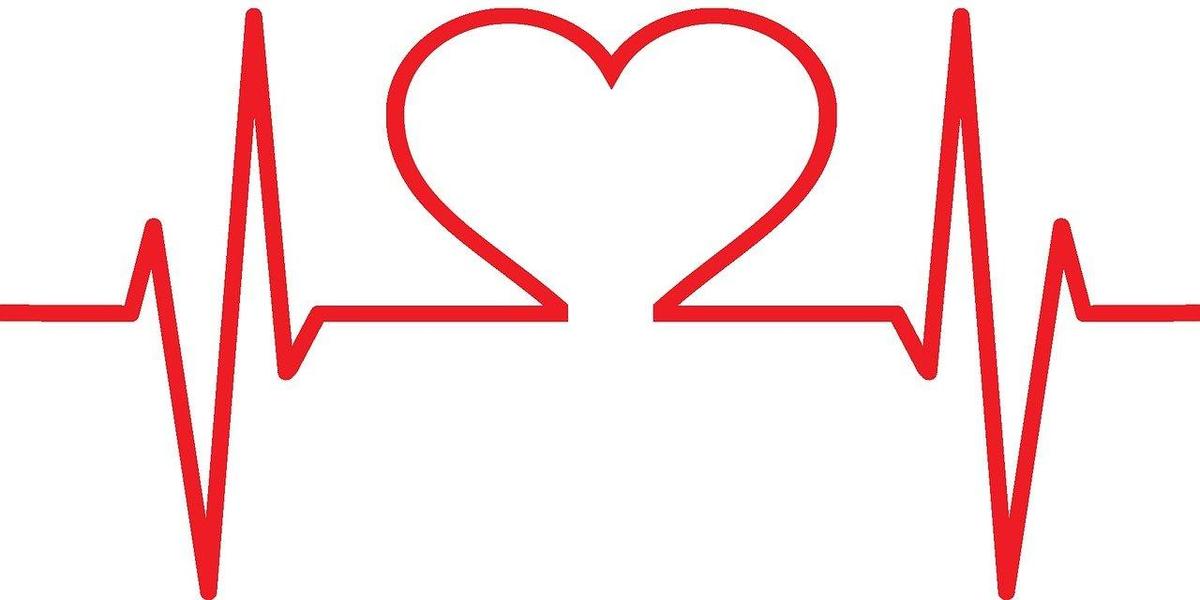Student Health

Here are the top ten reasons to protect your child by vaccinating him or her against serious diseases.
- Parents want to do everything possible to make sure their children are healthy and protected from preventable diseases. Vaccination is the best way to do that.
- Vaccination protects children from serious illness and complications of vaccine- preventable diseases which can include amputation of an arm or leg, paralysis of limbs, hearing loss, convulsions, brain damage, and death.
- Vaccine-preventable diseases, such as measles, mumps, and whooping cough, are still a threat. They continue to infect U.S. children, resulting in hospitalizations and deaths every year.
- Though vaccination has led to a dramatic decline in the number of U.S. cases of several infectious diseases, some of these diseases are quite common in other countries and are brought to the U.S. by international travelers. If children are not vaccinated, they could easily get one of these diseases from a traveler or while traveling themselves.
- Outbreaks of preventable diseases occur when many parents decide not to vaccinate their children.
- Vaccination is safe and effective. All vaccines undergo long and careful review by scientists, doctors, and the federal government to make sure they are safe.
- Organizations such as the American Academy of Pediatrics, the American Academy of Family Physicians, and the Centers for Disease Control and Prevention all strongly support protecting children with recommended vaccinations.
- Vaccination protects others you care about, including family members, friends, and grandparents.
- If children aren’t vaccinated, they can spread disease to other children who are too young to be vaccinated or to people with weakened immune systems, such as transplant recipients and people with cancer. This could result in long-term complications and even death for these vulnerable people.
- We all have a public health commitment to our communities to protect each other and each other’s children by vaccinating our own family members.
Technical content reviewed by the Centers for Disease Control and Prevention
Saint Paul, Minnesota
651- 6 47- 9009
Item #P4016 (2/16)
FLU FACTS: The Dangers of Flu to Students
HUMAN PAPILLOMAVIRUS: The dangers of HPV to Adolescents

